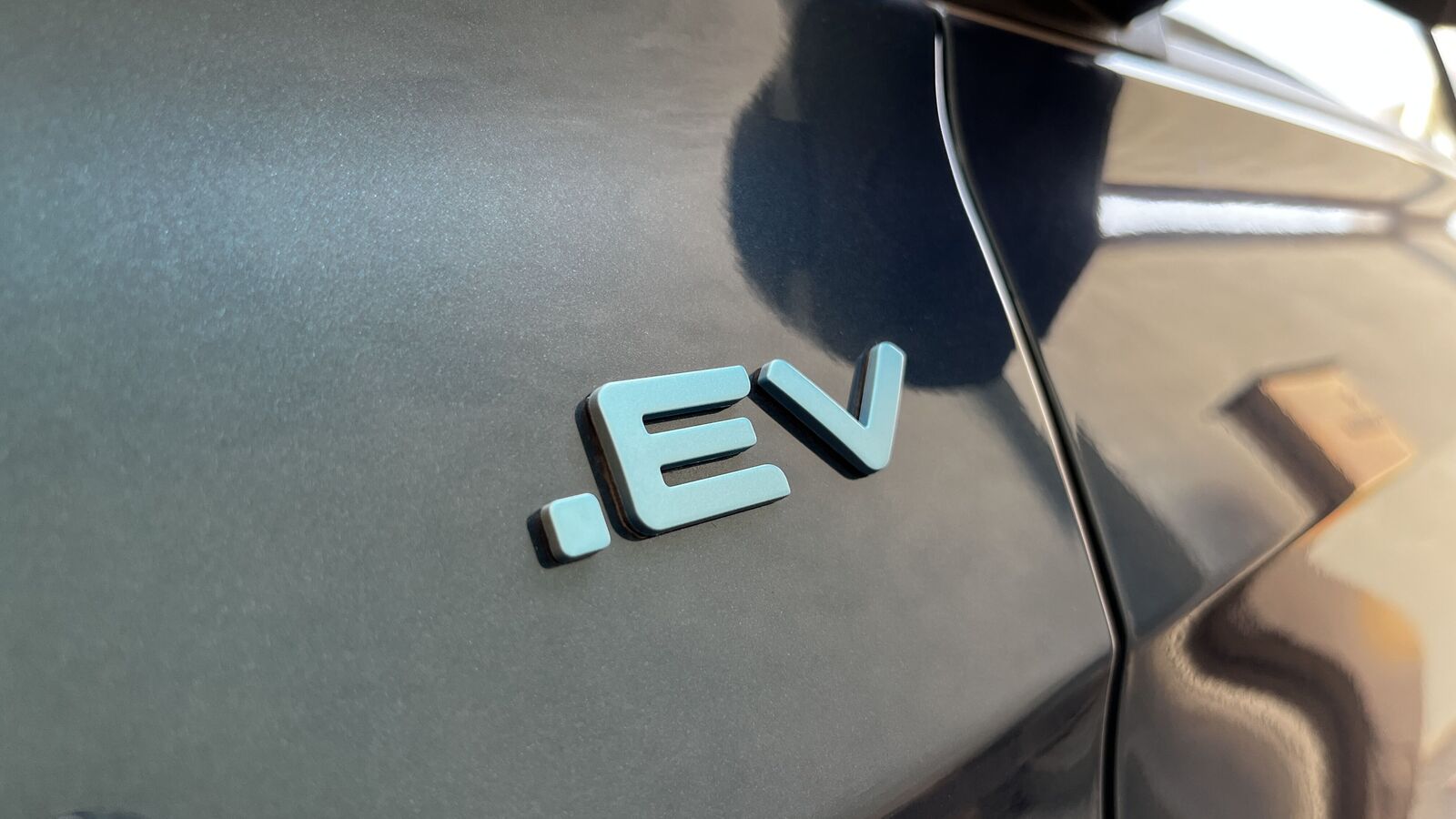- Union Commerce and Industry Minister Piyush Goyal believes scale will bring down prices of electric vehicles.
Union Commerce and Industry Minister Piyush Goyal has reiterated the Indian government’s commitment to ongoing reforms while addressing concerns of people at large. Speaking at an industry event organised by the Federation of Indian Chambers of Commerce & Industry (FICCI), Goyal called for increased industry participation in research, development, and innovation to achieve the ambitious ‘Viksit Bharat‘ goal.
Concerned by a recent slump in India’s electric vehicle (EV) sales during the April-June quarter, Piyush Goyal, the Commerce and Industry Minister, called for solutions. Data from the government’s VAHAN portal showed a 7 per cent decline in sales compared to the same period last year, with total sales reaching 346,024 units. The minister expressed his disappointment, stating, “I was pained when I saw the number of electric vehicles sold in India had fallen in the past quarter. I was truly, truly pained,” he was quoted as saying at the FICCI event by Business Standard.
Also Read : Hybrid cars are less polluting than EVs, says Maruti Suzuki chairman. Here’s why
Goyal urged the industry to drive the adoption of EVs by encouraging employees to use electric vehicles, which would in turn stimulate the growth of the necessary charging infrastructure and improve the overall ecosystem. “With scale, the cost of automobiles will come down,” he said.
Challenges faced by the EV market
Sector experts have attributed the decline in EV sales to several factors, including changes in government policies and a shift in consumer interest towards hybrid vehicles. Despite growing interest in electric vehicles (EVs), sales are being held back by a number of challenges. According to Preetesh Singh, an expert on alternative powertrains, these include a lack of government incentives for electric two-wheelers, a growing consumer preference for hybrid vehicles, limited access to reliable charging stations, and the high initial cost of buying an EV.
Also Read : Interview: Not fair to judge EVs based on perception, says Mercedes India boss
The downturn in EV sales began in July 2023, following the central government’s decision to reduce the maximum subsidy for e2Ws from around ₹60,000 to approximately ₹22,500. This policy change led to a more than 20% increase in the average price of an e2W. Further subsidy reductions in April 2024 exacerbated the situation.
Call for industry collaboration and innovation
To achieve the Viksit Bharat vision, Goyal called for greater industry collaboration and investment in research, development, innovation, and sustainability. He also urged the industry to be more proactive in providing suggestions to the government. “How can we converge industry’s interests with national goals? A lot more needs to be done but we need you (industry) to come forward and give a balanced view on what is necessary,” Goyal emphasised.
Also Read : Two-wheeler sales up: EVs, premium bikes drive growth. Reports suggest
While the decline in EV sales presents a challenge, with concerted efforts from the government and industry, the goal of widespread EV adoption and a Viksit Bharat remains within reach.
First Published Date: 11 Jul 2024, 13:21 PM IST

